What really happens if you don’t wash your water bottle?
We investigate whether your unwashed water bottle is a public health hazard, or just another surface in a germ-filled world
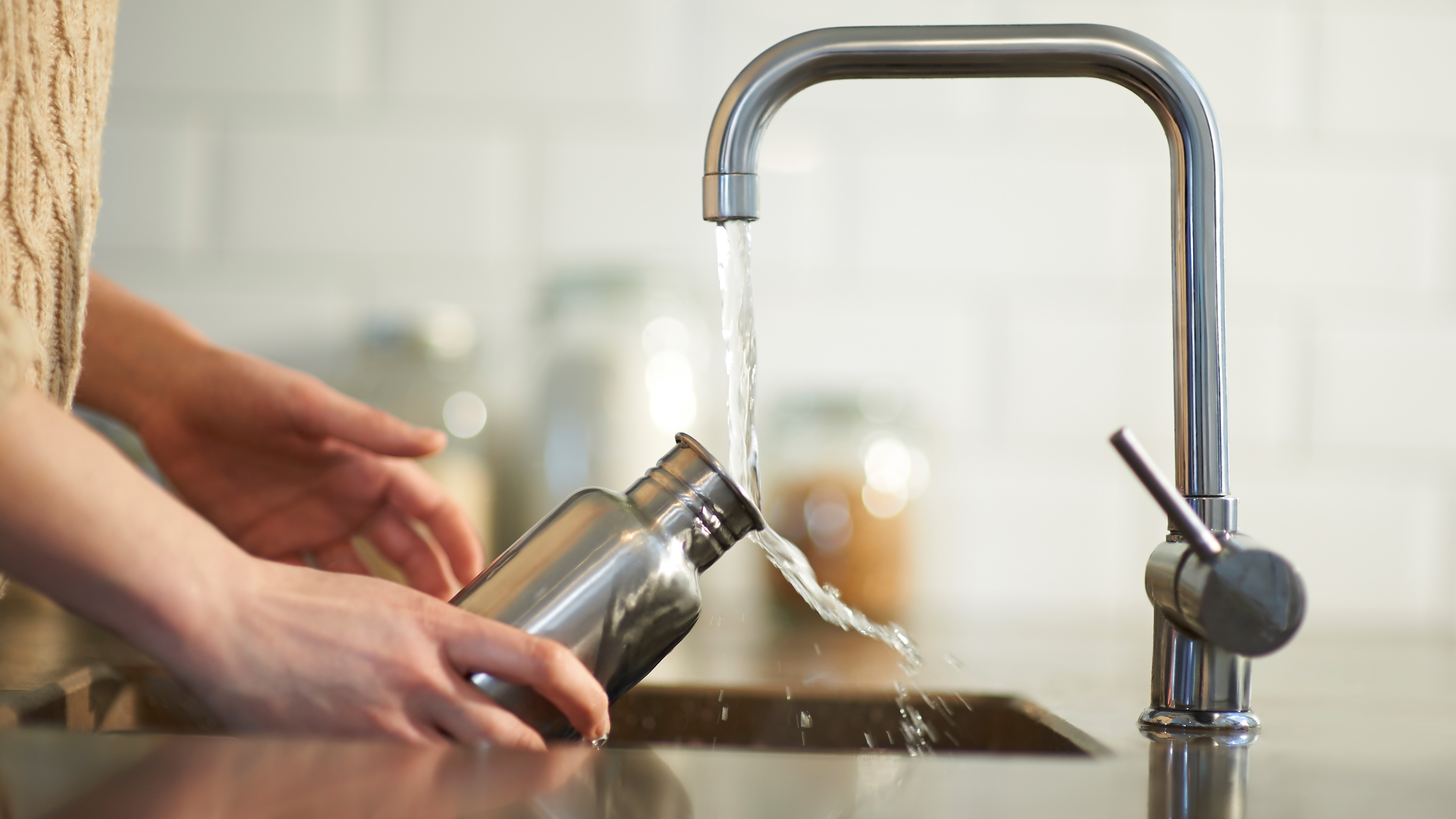
All the latest inspiration, tips and guides to help you plan your next Advnture!
You are now subscribed
Your newsletter sign-up was successful
I once had a boyfriend who never washed his water bottle. The spout was covered in an alarmingly greenish crust and if we had been hiking through the desert for days and I ran out of water and he offered me a sip of his, I’d honestly have given the idea of just dying of dehydration serious consideration. It was that disgusting.
Here’s the thing though – I don’t wash my water bottle either. Like, hardly ever. It isn’t covered in goo or grime – apparently I’m better at wiping my mouth than he was – but I’m vaguely aware that unseen, it must be teeming with germs. And I couldn’t care less. I mean, if it was obviously disgusting, I’d wash it in an instant, but it isn’t, and I figure most of the germs on it came from my mouth anyway, so what’s the harm in them going back to where they came from? Plus, I only put water in it, so I’m not worried about sugar and other residue from sports drinks.
However, since the pandemic has turned us all into germaphobes, and because many of you want to know the answer, I decided to investigate what happens if you don’t wash your water bottle to see if there are serious health concerns.
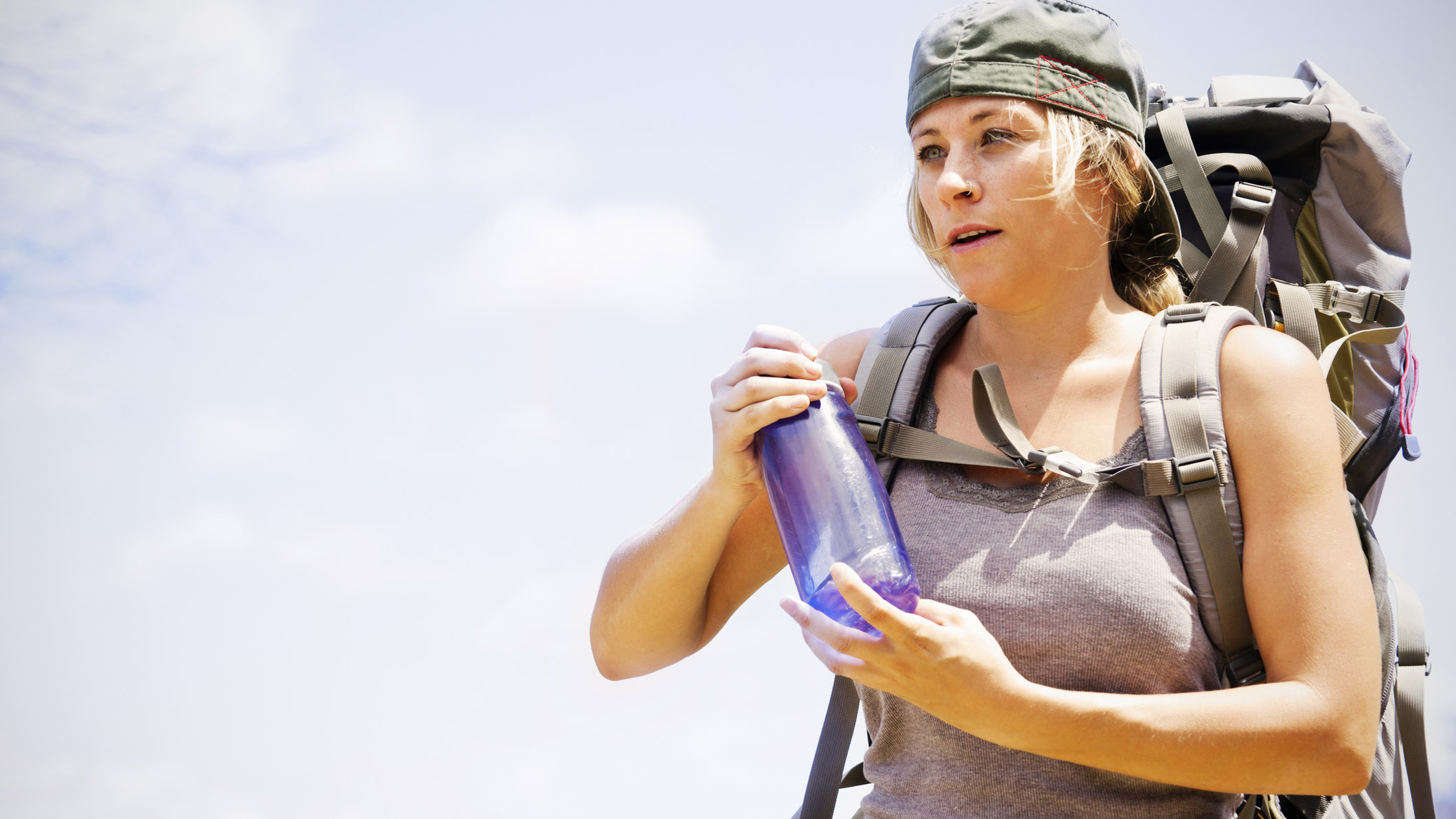
What really happens if you don’t wash your water bottle?
A few years ago, a company called Treadmill Reviews decided to investigate how many germs are found on the average, unwashed water bottle. They sent 12 water bottles which had been used for one week without being washed to a lab and discovered that on average, each one carried over 300,000 colony-forming units per square centimeter. Sure that sounds like a lot, and according to the study, it’s more than 6x what you’ll find on your pet’s bowl and around 10x what’s on your kitchen sink, but not quite as much as you’ll find on your toothbrush holder. So, yeah, probably a lot.
So what happens if you don’t wash your water bottle is that it has a lot of bacteria on it (though it should be noted that how much bacteria is on a frequently washed bottle wasn’t studied). But does that matter?
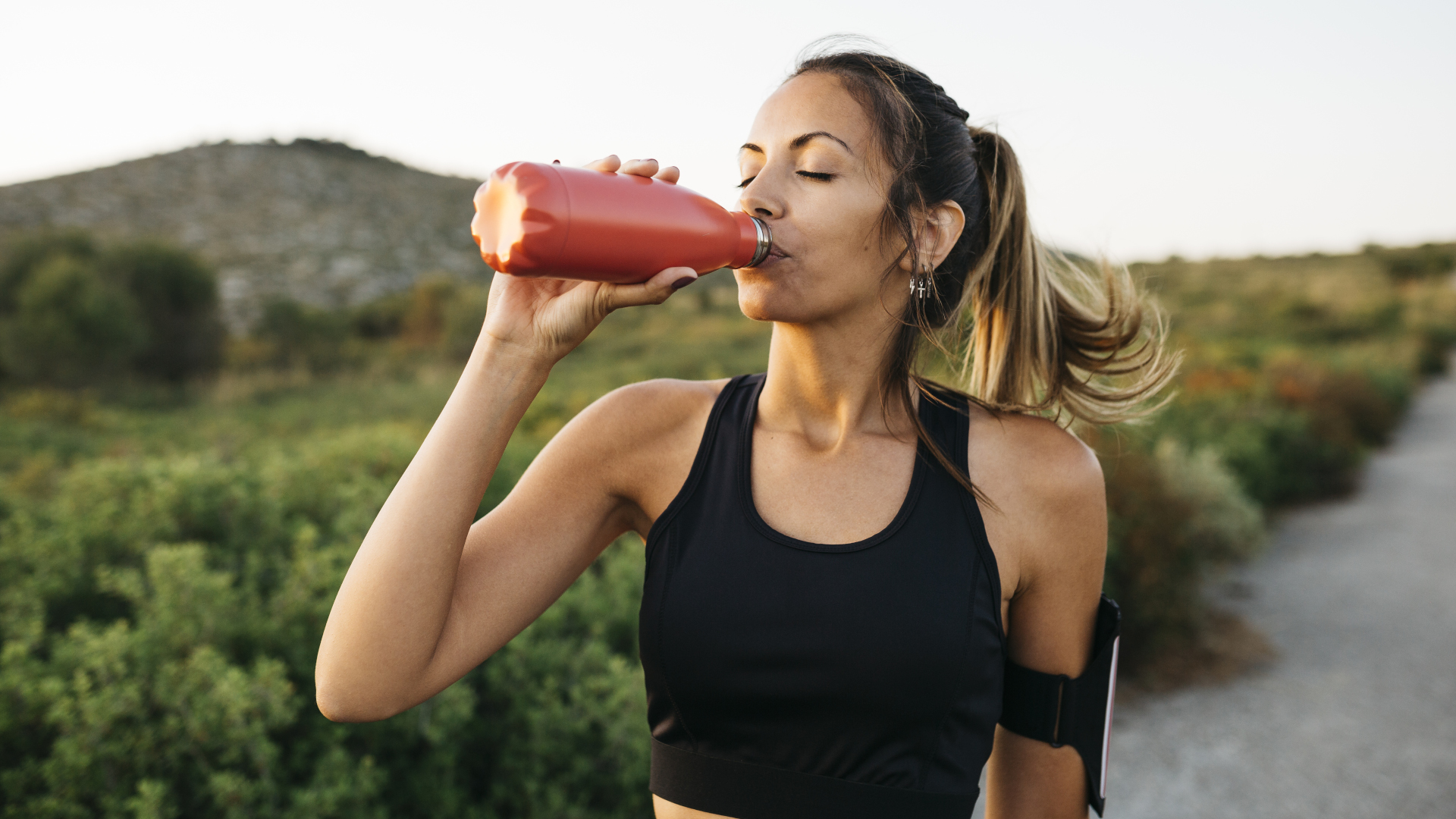
After all, we also know that germs are everywhere – on your skin, on your smartphone, on every door handle and in the water that comes out of your tap – and only 1 - 2% are thought to be harmful. So what kind of germs are we talking about here anyway? Well, the study found that the type of water bottle really determines whether or not we’re talking about potentially harmful bacteria. It found that your average squeeze top bottles (the type cyclists use) and screw top bottles carry mostly potential harmful bacteria that can be antibiotic-resistant, while a slide top contains around 17% bacteria that can cause strep and staph. Sounds alarming, and technically, yes, you could get sick if you drank from a water bottle with harmful bacteria inhabiting the spout.
That said, the study doesn’t suggest that any of the athletes involved actually became ill after drinking from their unwashed water bottle, so if we’re just using that study for our rationale here, the chances of getting sick from not washing your water bottle appear to be as low as they can be.
All the latest inspiration, tips and guides to help you plan your next Advnture!
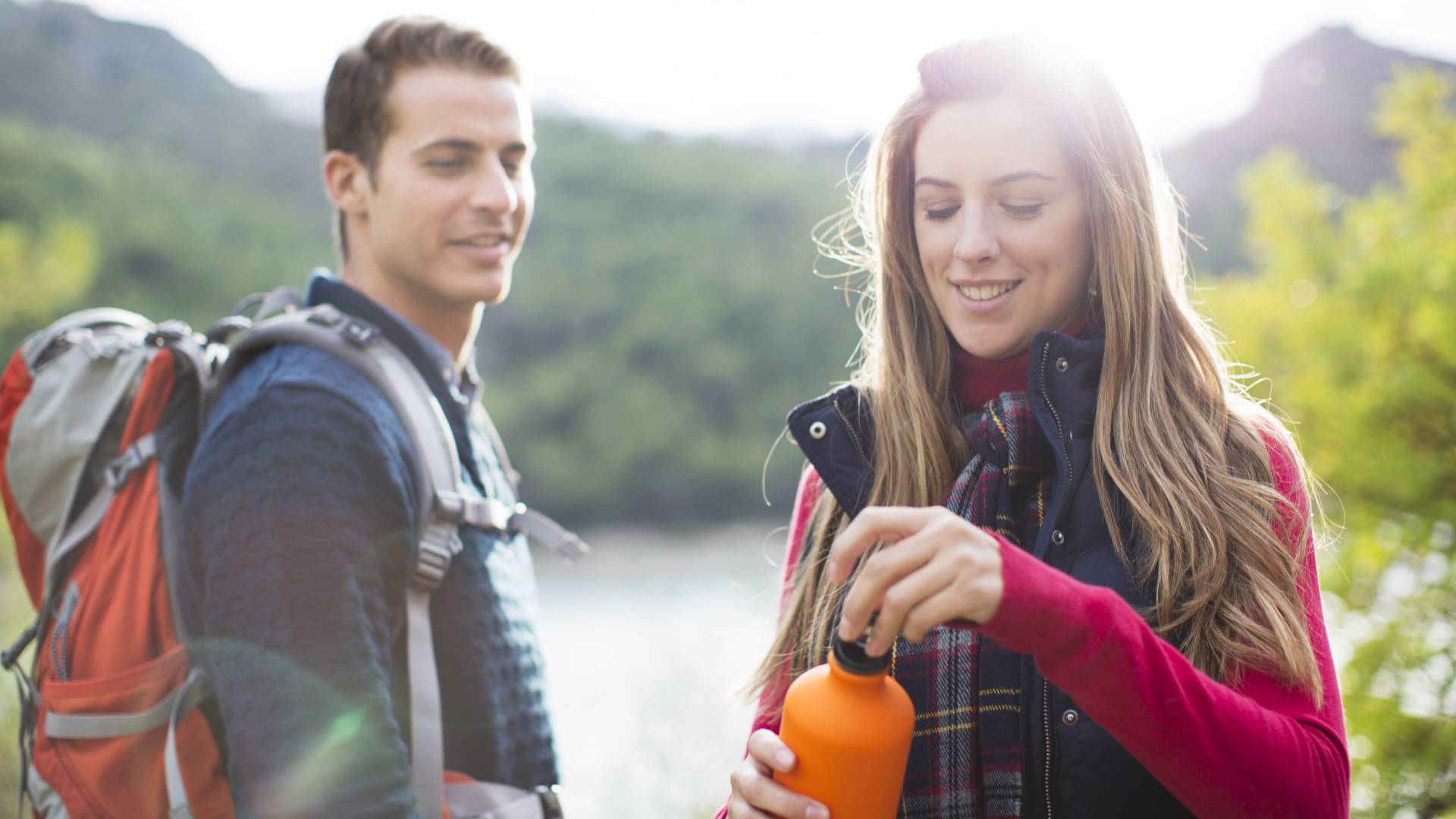
How often should you wash your water bottle?
We could get a public health expert to comment here, but in all honesty, there aren’t currently any official guidelines as to how often you should wash your water bottle, and said public health expert would almost certainly say “often,” along with washing your hands and wiping your phone with alcohol.
After reading about how much bacteria is on your unwashed water bottle however, you might start washing it more, and that’s unlikely to be a bad thing, as we learned from all washing our hands a bit more during the pandemic. Unless it’s a plastic water bottle you’re using, in which case frequent exposure to hot water might cause it to break down faster and leach microplastics into your diet, but that’s a whole other article.
If you decide that, since you haven’t had any issues from not washing your water bottle so far and there’s no reason to start now, it’s also unlikely to be a bad thing. But of course, for liability reasons we can’t tell you that you’ll never get sick from doing so.
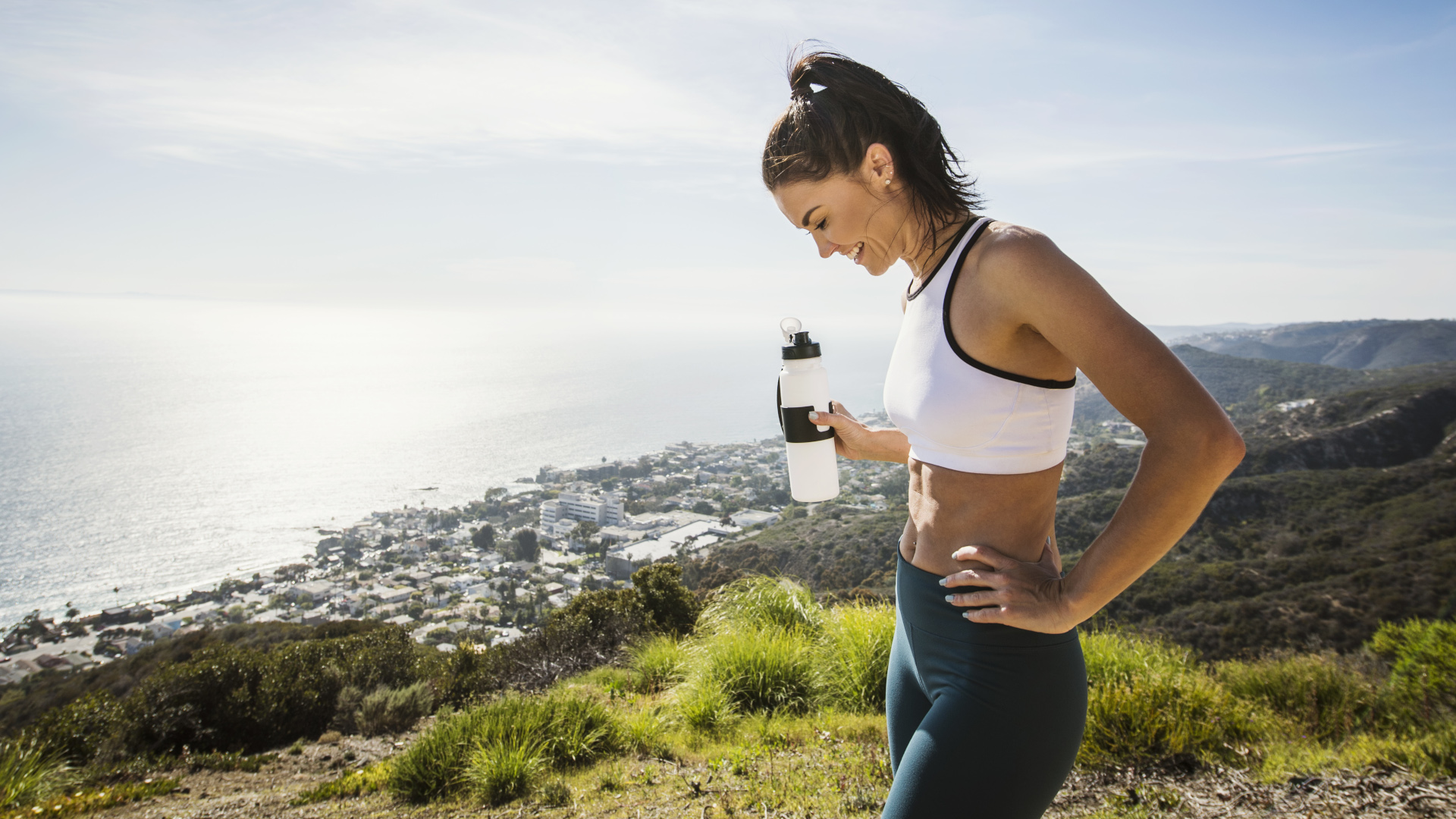
If you’re worried about germs on your water bottle, there are a couple of things you can do that might have more of an impact than how often you wash it:
- Don’t share it – virtually all surfaces are breeding grounds for bacteria, most of which are harmless. It mostly becomes a problem when harmful bacteria are transmitted between people, so don’t offer your E. coli-carrying friend a swig and it’s probably fine.
- Opt for stainless steel or glass – compared to plastic, stainless steel or even glass bottles have less micro cracks and crevices where bacteria can shelter.
- Watch where you put the lid – your water bottle spout may only touch your mouth, but be careful you’re not setting the lid down on questionable surfaces while you’re drinking.
- Consider a straw top bottle – perhaps surprisingly, straw top bottles showed far fewer evidence of bacteria, with only about colony forming units per square centimeter while slide tops had almost a million!
- Best hydration packs: stay hydrated when you're hiking or running
Julia Clarke is a staff writer for Advnture.com and the author of the book Restorative Yoga for Beginners. She loves to explore mountains on foot, bike, skis and belay and then recover on the the yoga mat. Julia graduated with a degree in journalism in 2004 and spent eight years working as a radio presenter in Kansas City, Vermont, Boston and New York City before discovering the joys of the Rocky Mountains. She then detoured west to Colorado and enjoyed 11 years teaching yoga in Vail before returning to her hometown of Glasgow, Scotland in 2020 to focus on family and writing.

